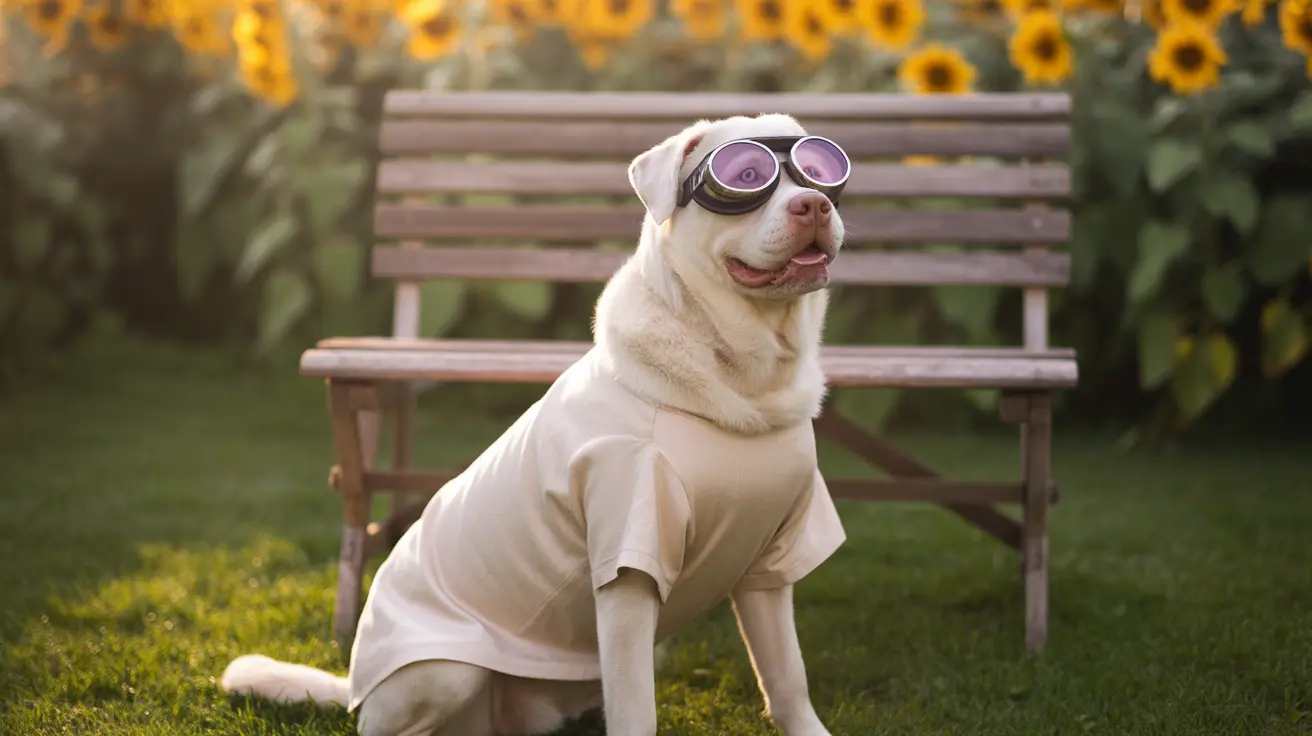Introduction
The albino Rottweiler is one of the rarest and most misunderstood variations of this beloved breed. Unlike standard black and tan Rottweilers, these dogs completely lack melanin, the pigment responsible for coat, skin, and eye color. While their striking appearance may seem appealing, true albinism in Rottweilers comes with significant health challenges and special care requirements that potential owners must understand.
In this comprehensive guide, we'll explore the genetics behind albino Rottweilers, their distinct characteristics, health considerations, and what potential owners need to know about caring for these unique dogs.
Understanding True Albinism in Rottweilers
True albinism in Rottweilers is an extremely rare genetic condition caused by a mutation that prevents melanin production. These dogs must inherit two copies of the mutated gene from both parents, making the condition even more uncommon. Most white-appearing Rottweilers are actually not albinos but rather crossbreeds or dogs with other genetic conditions.
The classic Rottweiler breed standard only recognizes black coat with tan markings, making true albino specimens a significant genetic deviation from the norm.
Physical Characteristics and Identification
Albino Rottweilers display several distinctive features:
- Pure white or cream-colored coat
- Pink or very light skin
- Light blue, pink, or very pale eyes
- Pink nose, lips, and paw pads
- Generally smaller size than standard Rottweilers
Health Challenges and Considerations
Albino Rottweilers face numerous health challenges due to their lack of melanin:
Vision Problems
These dogs often experience severe photophobia (light sensitivity), poor vision, and increased risk of eye diseases. Their eyes may be underdeveloped or misshapen, leading to various vision-related complications.
Skin Sensitivity
Without melanin's protective properties, albino Rottweilers are extremely vulnerable to sunburn and skin cancer. They require constant protection from UV rays and regular skin examinations.
Additional Health Concerns
- Compromised immune system
- Higher risk of deafness
- Increased susceptibility to infections
- Generally shorter lifespan than standard Rottweilers
Special Care Requirements
Caring for an albino Rottweiler requires dedicated attention and specific measures:
- Limited sun exposure, especially during peak hours
- Regular application of dog-safe sunscreen
- Protective clothing for outdoor activities
- Frequent veterinary check-ups
- Modified exercise routines to avoid sun exposure
- Special eye care and protection
Breeding and Ethics
Most reputable breed organizations and veterinarians strongly discourage breeding for albinism in Rottweilers. The associated health risks and welfare concerns make intentional breeding of albino Rottweilers ethically questionable. Additionally, these dogs cannot be registered with major kennel clubs as they don't meet breed standards.
Frequently Asked Questions
How do I care for an albino Rottweiler's sensitive skin and eyes?
Protect their skin with dog-safe sunscreen, protective clothing, and limited sun exposure. For eyes, provide UV-protective goggles when outdoors, maintain regular veterinary check-ups, and keep them in dim or indirect lighting when possible.
What are the key health issues faced by albino Rottweilers compared to standard Rottweilers?
Albino Rottweilers face increased risks of skin cancer, eye problems, deafness, immune system deficiencies, and generally shorter lifespans compared to standard Rottweilers.
Can albino Rottweilers be registered with kennel clubs like the AKC?
No, albino Rottweilers cannot be registered with major kennel clubs like the AKC as they don't meet the official breed standard, which only recognizes black coat with tan markings.
How do I protect my albino Rottweiler from sun damage and skin cancer?
Use dog-safe sunscreen, protective clothing, limit outdoor activities to early morning or evening hours, and provide plenty of shaded areas. Regular skin checks and veterinary examinations are also essential.
Are albino Rottweilers more prone to deafness or vision problems than other Rottweilers?
Yes, albino Rottweilers have a significantly higher risk of both vision problems and deafness compared to standard Rottweilers due to their genetic condition affecting melanin production.
Conclusion
While albino Rottweilers are fascinating and unique, potential owners must carefully consider the significant health challenges and special care requirements these dogs need. Understanding the commitment required for their proper care is essential before deciding to bring one into your home. If you encounter an albino Rottweiler, ensure you work closely with veterinary professionals to provide the best possible care and quality of life for these special dogs.






